
Deutsch-Chinesische Enzyklopädie, 德汉百科
 UEFA European Championship 2016
UEFA European Championship 2016
 Albania
Albania
 UEFA European Championship 2016
UEFA European Championship 2016
 UEFA European Championship 2020
UEFA European Championship 2020
 Group H
Group H

 UEFA European Championship 2024
UEFA European Championship 2024

 Sport
Sport
 (F)UEFA Nations League
(F)UEFA Nations League
 UEFA Nations League
UEFA Nations League
 UEFA Nations League C - Group 1
UEFA Nations League C - Group 1

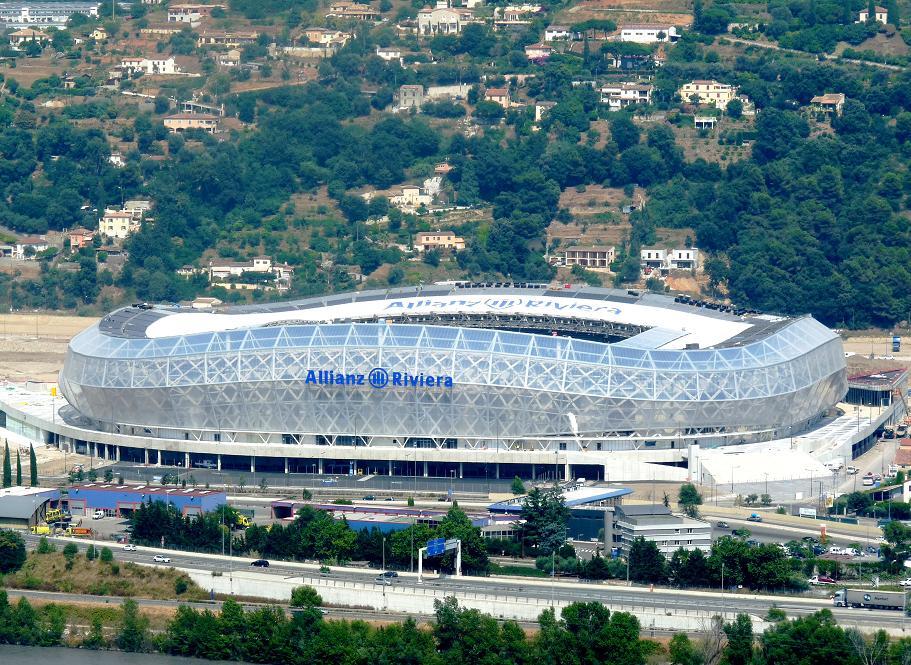
 Belgium
Belgium
 FIFA Fussball-Weltmeisterschaft 2014
FIFA Fussball-Weltmeisterschaft 2014
 FIFA Fussball-Weltmeisterschaft 2018
FIFA Fussball-Weltmeisterschaft 2018
 Group G
Group G
 FIFA Fussball-Weltmeisterschaft 2022
FIFA Fussball-Weltmeisterschaft 2022
 FIFA Fussball-Weltmeisterschaft 2022
FIFA Fussball-Weltmeisterschaft 2022
 Group F
Group F
 UEFA European Championship 2016
UEFA European Championship 2016
 UEFA European Championship 2020
UEFA European Championship 2020
 Group I
Group I

 UEFA European Championship 2024
UEFA European Championship 2024

 Sport
Sport
 (F)UEFA Nations League
(F)UEFA Nations League

 Sport
Sport
 (F)Soccer at the Olympic Games
(F)Soccer at the Olympic Games
 UEFA Nations League
UEFA Nations League
 UEFA Nations League A - Group 2
UEFA Nations League A - Group 2

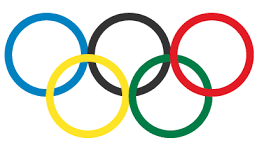
 FIFA Fussball-Weltmeisterschaft 1998
FIFA Fussball-Weltmeisterschaft 1998
 France
France
 UEFA European Championship 2016
UEFA European Championship 2016

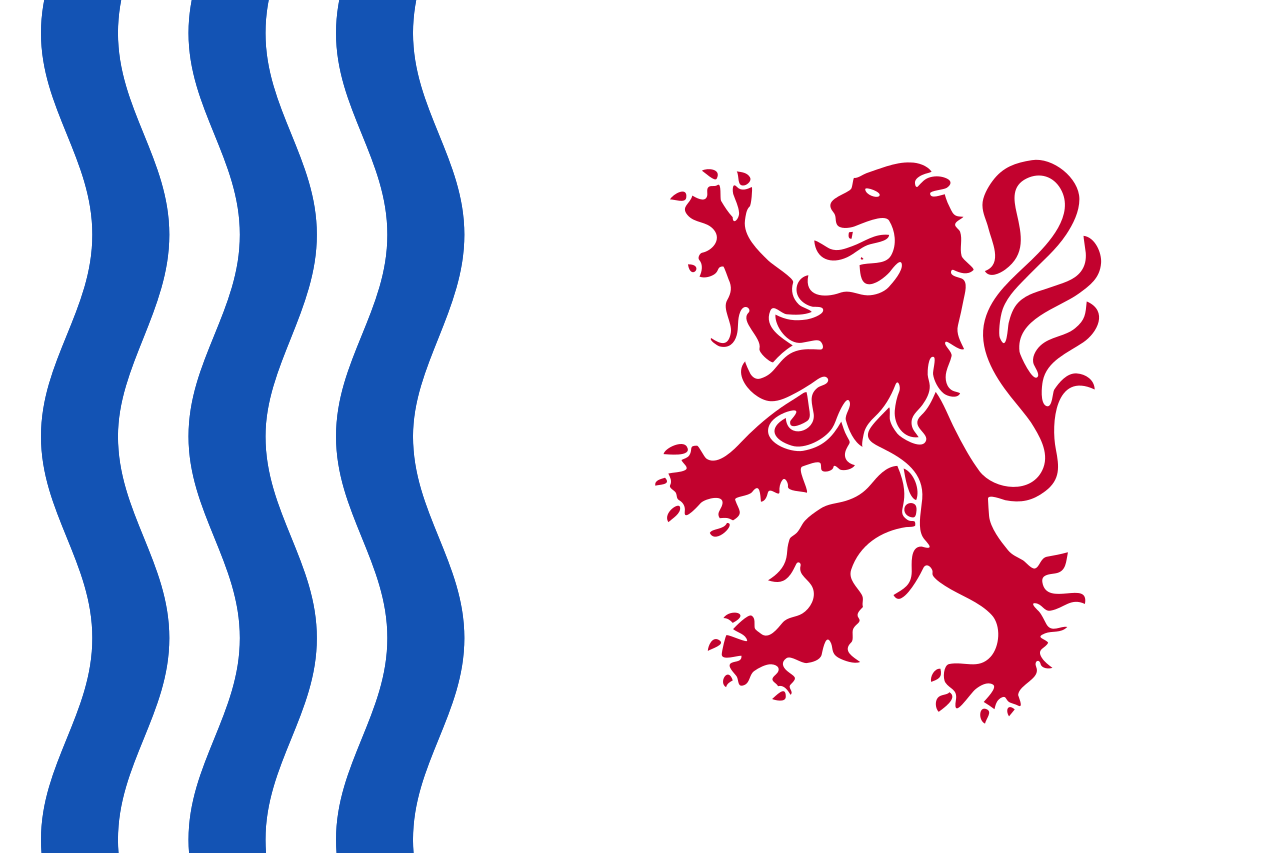 Nouvelle-Aquitaine
Nouvelle-Aquitaine

 World Heritage
World Heritage

波尔多(法语:Bordeaux;法语:[bɔʁ.do] ![]() 聆听);加斯科:Bordèu;巴斯克语:Bordele) 是位于法国西南的港口城市,市区人口24万(2013年)。[2]大波尔多人口达117万,是法国第五大城市群。它是新阿基坦大区和吉伦特省的首府。历史上曾是法国旧省吉耶纳的首府。
聆听);加斯科:Bordèu;巴斯克语:Bordele) 是位于法国西南的港口城市,市区人口24万(2013年)。[2]大波尔多人口达117万,是法国第五大城市群。它是新阿基坦大区和吉伦特省的首府。历史上曾是法国旧省吉耶纳的首府。
波尔多是欧洲的军事、航天和航空的研究与制造中心之一,集中了如欧洲航空防务与航天公司、泰勒斯集团等很多公司的研发机构,以及赛峰集团空中客车和达梭航太等航空巨子下属的飞机制造厂等。它还是法国战略核弹研究和物理实验的核心,拥有原子能研究中心和兆焦激光计划等许多高端技术机构,此外还有新材料和纳米技术方面的研究机构。
波尔多的大学学生数超过7万人。除了两所综合性大学之外,还有波尔多政治研究学院、通信与新闻学院和法律学校。法国国立法官学校也在波尔多,是法国法官的摇篮。
波尔多旅游资源丰富,号称“睡美人”,有众多的博物馆和古迹,城区内文物保护单位的数量,在法国仅次于巴黎。2007年,老城区大部(又称“月亮港”)被联合国教科文组织列入世界文化遗产名单。[5]18世纪以来尤以盛产优质葡萄酒享誉世界。波尔多因此也被称为世界葡萄酒中心,波尔多葡萄酒也有着“葡萄酒皇后”的美称。每两年一度,波尔多葡萄酒行业协会举办盛大的国际酒展-Vinexpo。
Bordeaux [bɔʀˈdo]; französisch  Bordeaux?/i; (okzitanisch Bordèu) ist Universitätsstadt und politisches, wirtschaftliches und geistiges Zentrum des französischen Südwestens.
Bordeaux?/i; (okzitanisch Bordèu) ist Universitätsstadt und politisches, wirtschaftliches und geistiges Zentrum des französischen Südwestens.
Ihre Einwohner nennen sich Bordelais. Berühmtheit hat die Stadt insbesondere durch den Bordeauxwein und ihre Küche erlangt, aber auch durch ihr bauliches und kulturelles Erbe. Bordeaux ist Sitz der Präfektur des Départements Gironde und Hauptstadt der Region Nouvelle-Aquitaine, ferner Sitz eines Erzbischofs und eines deutschen Generalkonsulats. Die Stadt hat auf Grund der vielen Museen, die sich dort befinden, als auch auf Grund der Tatsache, dass während der Invasionen Deutschlands nach Frankreich 1870/71, 1914, 1940 regelmäßig zeitweise der Regierungssitz von Paris nach Bordeaux verlegt wurde, den Ruf einer heimlichen Hauptstadt Frankreichs.
Bordeaux selbst hat 252.040 Einwohner (Stand: 1. Januar 2016). Der engere Ballungsraum Bordeaux kommt jedoch auf etwa 773.542 Einwohner und umfasst auch 26 umliegende Kommunen, die im Kommunalverband Bordeaux Métropole organisiert sind. Die Fläche ist 578,3 km² und die Bevölkerungsdichte 1338 Einwohner/km².[1] Dieser Verband ist wiederum Teil einer Agglomeration (Aire urbaine de Bordeaux), die den weiteren Einzugsbereich mit insgesamt 51 Kommunen umfasst und so auf 1.215.769 Einwohner kommt, die auf 5.613,4 km² wohnt was auf eine Bevölkerungsdichte von 216 Einwohner/km² kommt.[2] Bordeaux ist damit die größte Stadt im Département Gironde und der Region Aquitanien und die neuntgrößte Stadt Frankreichs. Die Agglomeration rangiert in Frankreich an sechster Stelle. Von Bordeaux aus wird auch das gleichnamige Arrondissement verwaltet, das aus 21 Kantonen besteht.
ボルドー(Bordeaux)は、フランス南西部の中心的な都市で、ヌーヴェル=アキテーヌ地域圏の首府、ジロンド県の県庁所在地である[1]。アキテーヌ公国の首府だった。
ボルドーは、ガロンヌ川に面した港町で、市街地は川の湾曲部にそって三日月形に形成され、月の港と呼ばれる。河口にも近い。ボルドーワインの産地として世界的に有名。中心部から北側にかけては、都市計画による大通りがある。市の南側は18世紀に建設されたが、狭くてまがった通りのある古い一画である。
2007年にボルドーの市街区域1810ヘクタールが世界遺産に登録された。18〜19世紀の都市計画によって生まれた調和のある街並みと、近年のガロンヌ河岸の歩行者空間と一体となった歴史的な再開発が評価された。
Bordeaux (French pronunciation: [bɔʁdo] ( listen); Gascon Occitan: Bordèu [buɾˈðɛw]) is a port city on the Garonne in the Gironde department in Southwestern France.
listen); Gascon Occitan: Bordèu [buɾˈðɛw]) is a port city on the Garonne in the Gironde department in Southwestern France.
The municipality (commune) of Bordeaux proper has a population of 252,040 (2016). Together with its suburbs and satellite towns, Bordeaux is the centre of the Bordeaux Métropole. With 1,195,335 in the metropolitan area, it is the sixth-largest in France, after Paris, Marseille, Lyon, Toulouse, and Lille. It is the capital of the Nouvelle-Aquitaine region, as well as the prefecture of the Gironde department. Its inhabitants are called "Bordelais" (for men) or "Bordelaises" (women). The term "Bordelais" may also refer to the city and its surrounding region.
Being at the center of a major wine-growing and wine-producing region, Bordeaux remains a prominent powerhouse and exercises significant influence on the world wine industry although no wine production is conducted within the city limits. It is home to the world's main wine fair, Vinexpo,[6] and the wine economy in the metro area takes in 14.5 billion euros each year. Bordeaux wine has been produced in the region since the 8th century. The historic part of the city is on the UNESCO World Heritage List as "an outstanding urban and architectural ensemble" of the 18th century.[7] After Paris, Bordeaux has the highest number of preserved historical buildings of any city in France.[8]
Bordeaux (prononcé [bɔʁ.ˈd̪o] ; Écouter), en gascon Bordeu1, est une commune du Sud-Ouest de la France, préfecture du département de la Gironde et chef-lieu de la région Nouvelle-Aquitaine.
Capitale de l'ancienne Guyenne et partie intégrante de la Gascogne culturelle et linguistique, Bordeaux se situe en bordure des Landes de Gascogne. La ville est connue dans le monde entier pour les vins de Bordeaux et les vignobles du Bordelais, surtout depuis le XVIIIe siècle.
En 2015, la commune est la neuvième commune de France par sa population avec 249 712 habitants, mais son agglomération est classée septième avec 904 359 habitants en 20152 après celles de Paris, Lyon, Marseille - Aix, Lille, Toulouse et Nice et devant Nantes et Toulon. L'aire urbaine de Bordeaux compte quant à elle 1 215 769 habitants en 20153, ce qui en fait la cinquième aire urbaine de France. Bordeaux est par ailleurs la principale commune de la métropole « Bordeaux Métropole », qui rassemble 28 communes et 760 956 habitants4 en 2014.
En 1957, Bordeaux est récompensée du prix de l'Europe, conjointement avec Turin. En juin 2007, une partie de la ville, le port de la Lune, est inscrite par le Comité du patrimoine mondial, désigné par l'assemblée générale de l’UNESCO, sur la Liste du patrimoine mondial.
Bordeaux (pronuncia /borˈdo/ o /borˈdɔ/[2]; in passato italianizzata come Bordò, Bordea[3], Bordello o Bordella[4] o in latino Burdigala; in francese [bɔʁˈdo]; in guascone Bordèu, pron. [burˈdew]) è un comune francese di 246 586 abitanti, capoluogo del dipartimento della Gironda e della regione della Nuova Aquitania. L'area metropolitana è la sesta più popolosa del paese e conta 1 178 225 abitanti. La città, attraversata dalla Garonna, fa parte della Guascogna ed è nota in tutto il mondo per l'omonimo vino rosso, il Bordeaux.
Nel 2007 l'UNESCO ha definito il centro storico della città[5] un patrimonio dell'umanità, per un totale di 347 edifici. Il nome deriva dall'antica città romana di Burdigala, al bordo della Gallia.
Burdeos (en francés: Bordeaux, pronunciado /bɔʁˈdo/; en gascón: Bordeu) es una ciudad portuaria del sudoeste de Francia, capital de la región de Nueva Aquitania y la prefectura del departamento de Gironda. Con una población de 239 157 habitantes4 en la ciudad y 719 489 en la Communauté urbaine de Bordeaux, es la sexta ciudad más importante de Francia, después de París, Marsella, Lyon, Lille y Toulouse. Su área metropolitana, llamada aire urbaine de Bordeaux cuenta con 1 114 857 habitantes5 en una conurbación Bordeaux-Libourne-Arcachon.
Burdeos es a menudo llamada "la perla de Aquitania", pero todavía arrastra el apodo de "La Bella Durmiente", en referencia a su centro histórico y sus monumentos que antes no estaban suficientemente resaltados. Sin embargo, Burdeos está "despierta" desde hace varios años, y en junio de 2007, una parte de la ciudad, Puerto de la Luna, fue registrada como Patrimonio Mundial de la Humanidad por la Unesco por el conjunto urbano excepcional que representa. Sin embargo, no merece su apodo porque su área urbana es una de las más atractivas de Francia, con un incremento de alrededor de 200 000 habitantes en nueve años (1999-2008).
La ciudad es conocida mundialmente por sus viñedos, sobre todo desde el siglo XVIII, que fue una edad de oro. Antigua capital de Guyena, Burdeos es parte de Gascuña y está situada en el borde de las Landas de Gascuña.En 1957, Burdeos recibió el Premio Europa, junto con Turín.
Бордо́ (фр. Bordeaux [bɔʁ.ˈd̪o]  слушать, окс. Bordèu, баск. Bordele) — город и коммуна на юго-западе Франции, центр исторической области Аквитания и современного департамента Жиронда[2]. Расположен на берегах Гаронны, известных своими традициями и успехами в области виноделия.
слушать, окс. Bordèu, баск. Bordele) — город и коммуна на юго-западе Франции, центр исторической области Аквитания и современного департамента Жиронда[2]. Расположен на берегах Гаронны, известных своими традициями и успехами в области виноделия.
 Germany
Germany
 FIFA Fussball-Weltmeisterschaft 2014
FIFA Fussball-Weltmeisterschaft 2014
 FIFA Fussball-Weltmeisterschaft 2018
FIFA Fussball-Weltmeisterschaft 2018
 Group F
Group F
 FIFA Fussball-Weltmeisterschaft 2022
FIFA Fussball-Weltmeisterschaft 2022
 FIFA Fussball-Weltmeisterschaft 2022
FIFA Fussball-Weltmeisterschaft 2022
 Group E
Group E
 FIFA Weltmeister Favoriten Teams *
FIFA Weltmeister Favoriten Teams *
 FIFA-Konföderationen-Pokal 2017
FIFA-Konföderationen-Pokal 2017
 Franz Beckenbauer
Franz Beckenbauer
 UEFA European Championship 2016
UEFA European Championship 2016
 UEFA European Championship 2020
UEFA European Championship 2020
 Group C
Group C

 UEFA European Championship 2024
UEFA European Championship 2024
 Helmut Schön
Helmut Schön
 Joachim Löw
Joachim Löw
 Sepp Herberger
Sepp Herberger

 Sport
Sport
 (F)FIFA Confederations Cup
(F)FIFA Confederations Cup

 Sport
Sport
 (F)European football championship
(F)European football championship

 Sport
Sport
 (F)UEFA Nations League
(F)UEFA Nations League
 UEFA Nations League
UEFA Nations League
 UEFA Nations League A - Group 1
UEFA Nations League A - Group 1
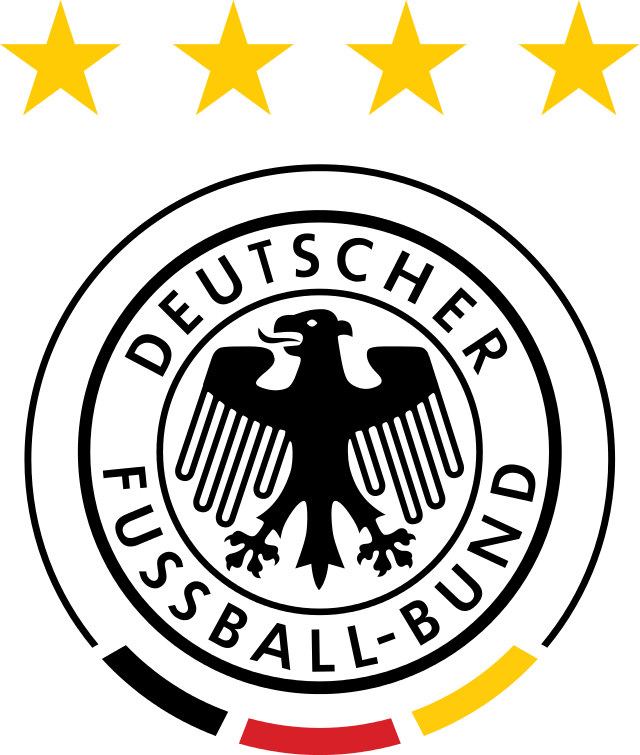

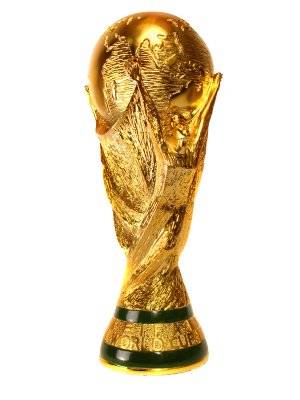



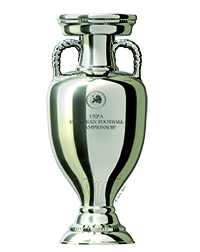





 England
England
 Fabio Capello
Fabio Capello
 FIFA Fussball-Weltmeisterschaft 2014
FIFA Fussball-Weltmeisterschaft 2014
 FIFA Fussball-Weltmeisterschaft 2018
FIFA Fussball-Weltmeisterschaft 2018
 Group G
Group G
 FIFA Fussball-Weltmeisterschaft 2022
FIFA Fussball-Weltmeisterschaft 2022
 FIFA Fussball-Weltmeisterschaft 2022
FIFA Fussball-Weltmeisterschaft 2022
 Group B
Group B
 FIFA Weltmeister Favoriten Teams *
FIFA Weltmeister Favoriten Teams *
 UEFA European Championship 2016
UEFA European Championship 2016
 UEFA European Championship 2020
UEFA European Championship 2020
 Group A
Group A

 UEFA European Championship 2024
UEFA European Championship 2024

 Sport
Sport
 Group G
Group G

 Sport
Sport
 (F)UEFA Nations League
(F)UEFA Nations League
 Sven-Göran Eriksson
Sven-Göran Eriksson
 UEFA Nations League
UEFA Nations League
 UEFA Nations League A - Group 4
UEFA Nations League A - Group 4
 United Kingdom
United Kingdom





 Aimé Jacquet
Aimé Jacquet
 FIFA Fussball-Weltmeisterschaft 2014
FIFA Fussball-Weltmeisterschaft 2014
 FIFA Fussball-Weltmeisterschaft 2018
FIFA Fussball-Weltmeisterschaft 2018
 Group C
Group C
 FIFA Fussball-Weltmeisterschaft 2022
FIFA Fussball-Weltmeisterschaft 2022
 FIFA Fussball-Weltmeisterschaft 2022
FIFA Fussball-Weltmeisterschaft 2022
 Group D
Group D
 France
France
 UEFA European Championship 2016
UEFA European Championship 2016
 UEFA European Championship 2020
UEFA European Championship 2020
 Group H
Group H

 UEFA European Championship 2024
UEFA European Championship 2024

 Sport
Sport
 (F)FIFA Confederations Cup
(F)FIFA Confederations Cup

 Sport
Sport
 (F)European football championship
(F)European football championship

 Sport
Sport
 (F)UEFA Nations League
(F)UEFA Nations League

 Sport
Sport
 (F)Soccer at the Olympic Games
(F)Soccer at the Olympic Games
 UEFA Nations League
UEFA Nations League
 UEFA Nations League A - Group 1
UEFA Nations League A - Group 1












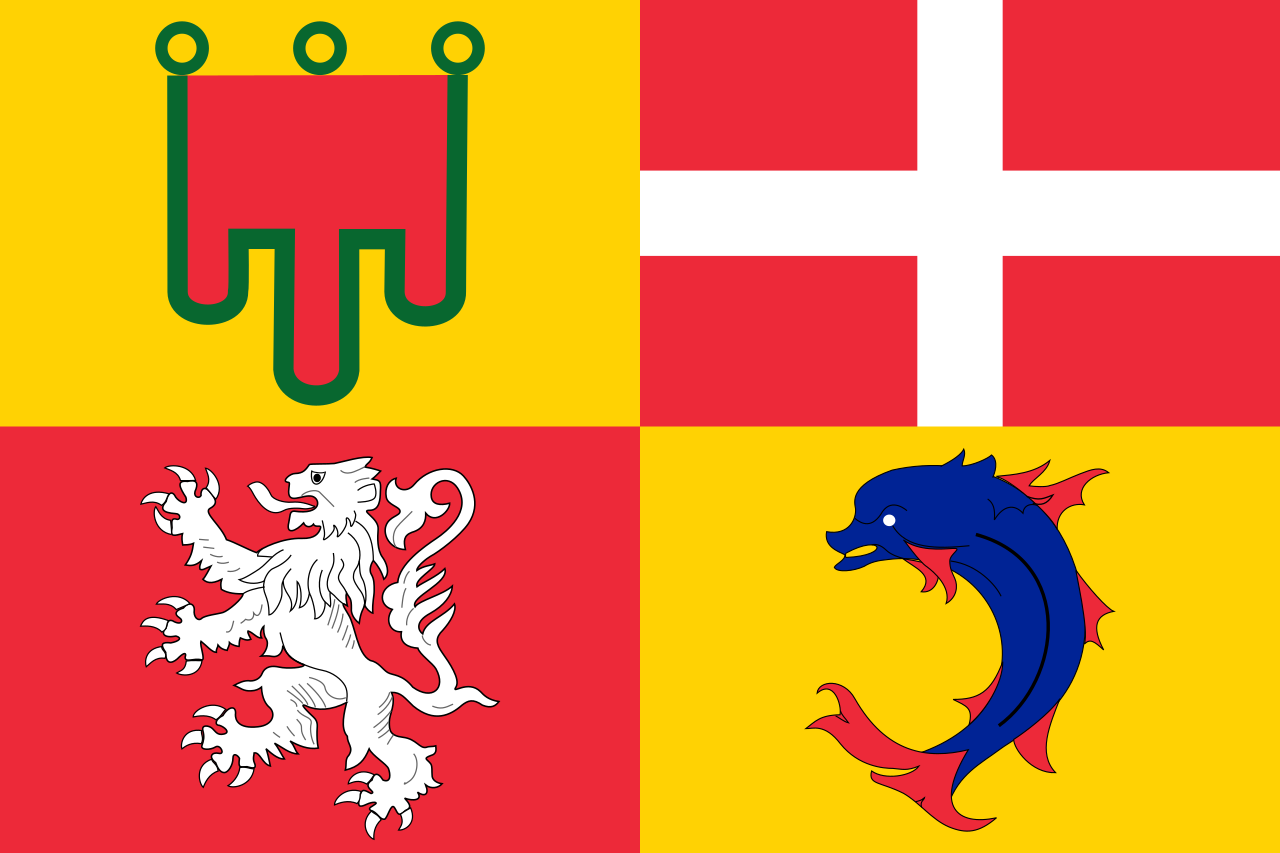 Auvergne-Rhône-Alpes
Auvergne-Rhône-Alpes
 France
France
 UEFA European Championship 2016
UEFA European Championship 2016

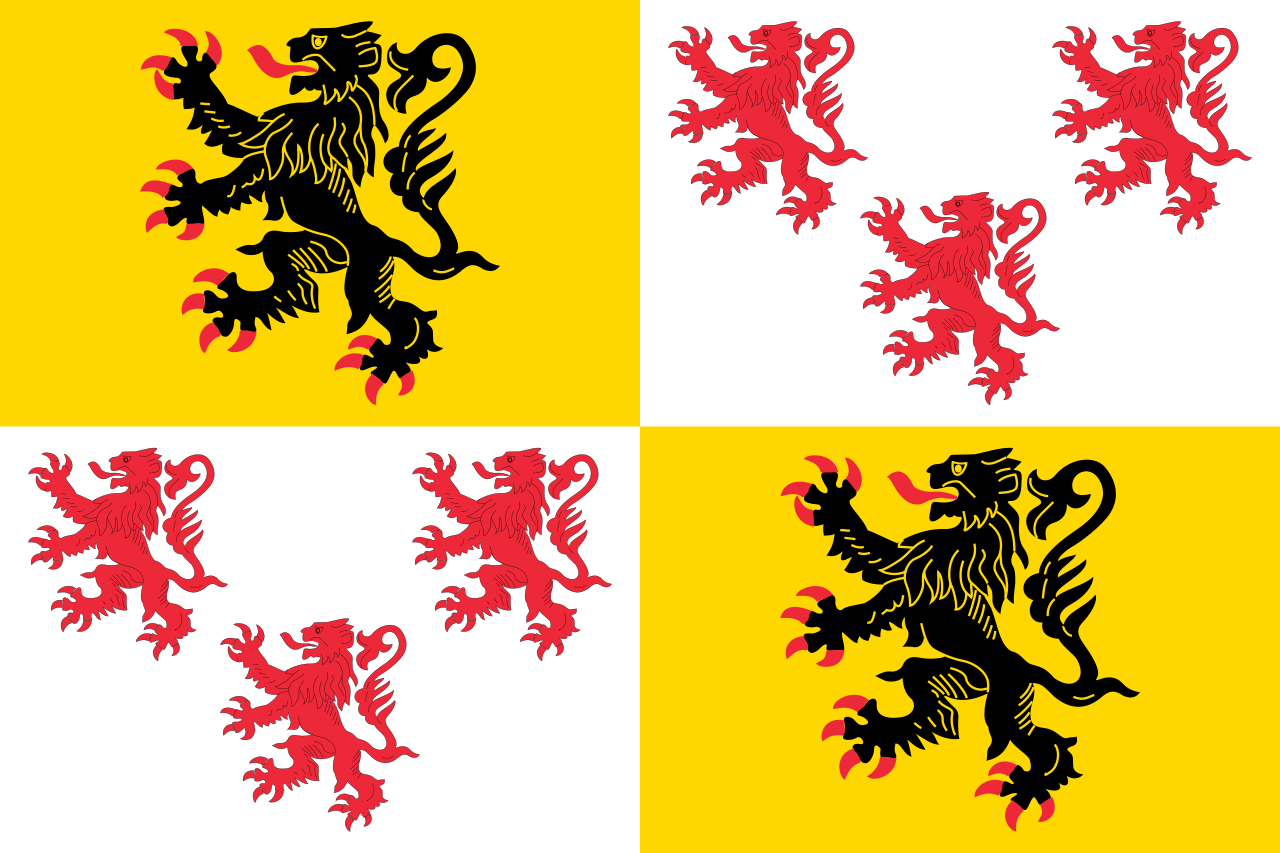 Hauts-de-France
Hauts-de-France

 Ile-de-France
Ile-de-France
 Nord-Pas-de-Calais
Nord-Pas-de-Calais

 Nouvelle-Aquitaine
Nouvelle-Aquitaine

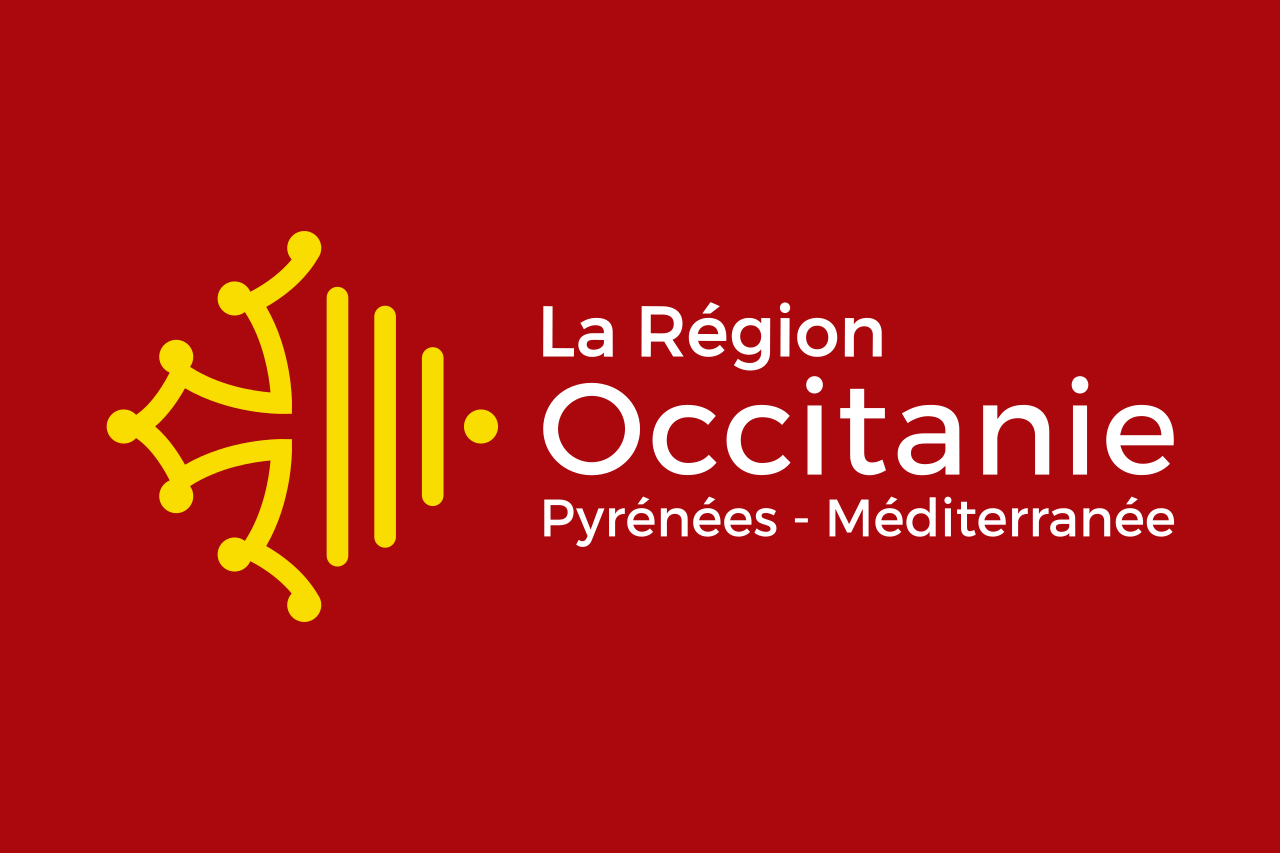 Occitania
Occitania

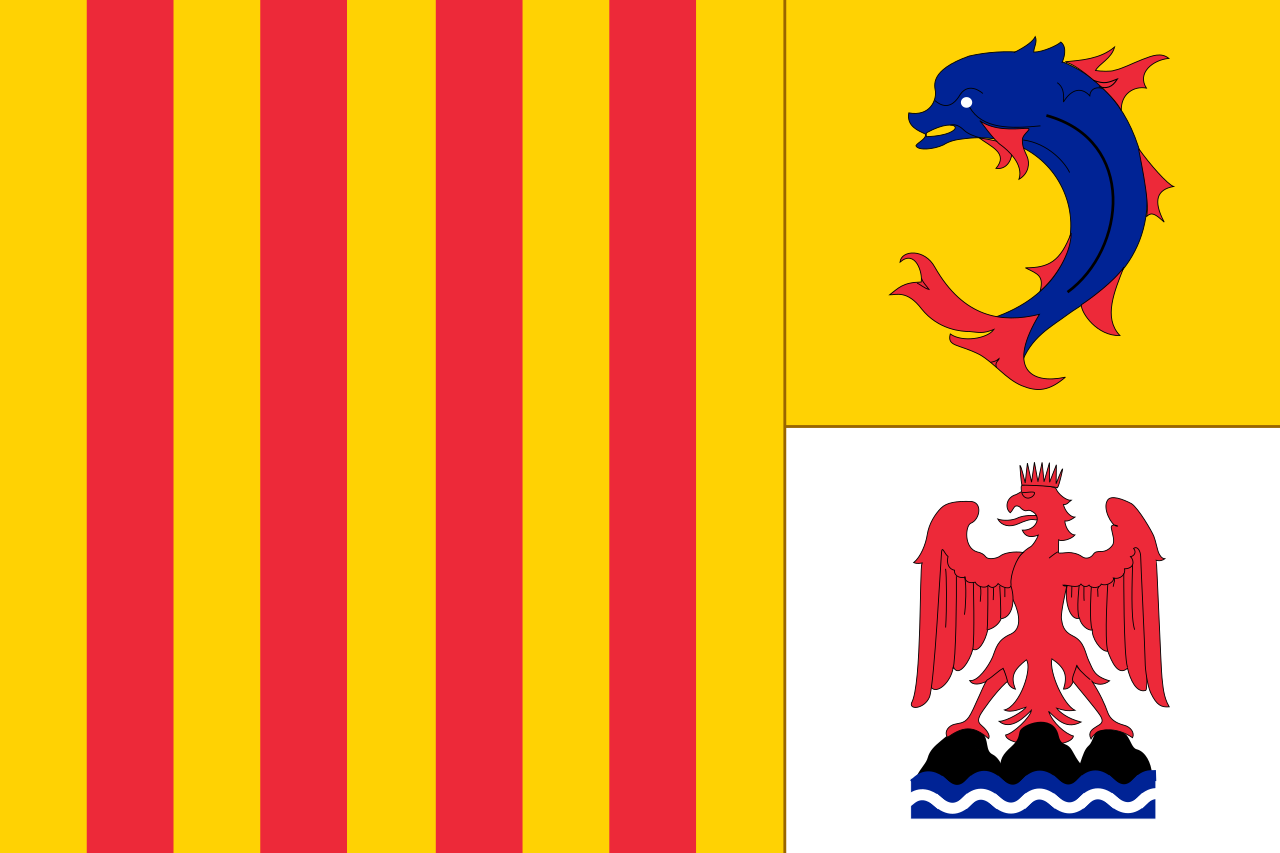 Provence-Alpes-Côte d´Azur
Provence-Alpes-Côte d´Azur

 UEFA European Championship 2016
UEFA European Championship 2016
 UEFA European Championship 2020
UEFA European Championship 2020
 Group D
Group D
 Giovanni Trapattoni
Giovanni Trapattoni
 Ireland
Ireland

 Sport
Sport
 (F)UEFA Nations League
(F)UEFA Nations League
 UEFA Nations League
UEFA Nations League
 UEFA Nations League B - Group 4
UEFA Nations League B - Group 4

 FIFA Fussball-Weltmeisterschaft 2018
FIFA Fussball-Weltmeisterschaft 2018
 Group D
Group D
 UEFA European Championship 2016
UEFA European Championship 2016
 UEFA European Championship 2020
UEFA European Championship 2020
 Group H
Group H
 Iceland
Iceland

 Sport
Sport
 (F)UEFA Nations League
(F)UEFA Nations League
 UEFA Nations League
UEFA Nations League
 UEFA Nations League A - Group 2
UEFA Nations League A - Group 2

 Enzo Bearzot
Enzo Bearzot
 FIFA Fussball-Weltmeisterschaft 2014
FIFA Fussball-Weltmeisterschaft 2014
 FIFA Weltmeister Favoriten Teams *
FIFA Weltmeister Favoriten Teams *
 FIFA-Konföderationen-Pokal 2013
FIFA-Konföderationen-Pokal 2013
 UEFA European Championship 2016
UEFA European Championship 2016
 UEFA European Championship 2020
UEFA European Championship 2020
 Group J
Group J

 UEFA European Championship 2024
UEFA European Championship 2024
 Giovanni Trapattoni
Giovanni Trapattoni
 Italy
Italy
 Marcello Lippi
Marcello Lippi

 Sport
Sport
 (F)European football championship
(F)European football championship

 Sport
Sport
 (F)FIFA Confederations Cup
(F)FIFA Confederations Cup

 Sport
Sport
 (F)UEFA Nations League
(F)UEFA Nations League

 Sport
Sport
 (F)Soccer at the Olympic Games
(F)Soccer at the Olympic Games
 UEFA Nations League
UEFA Nations League
 UEFA Nations League A - Group 3
UEFA Nations League A - Group 3
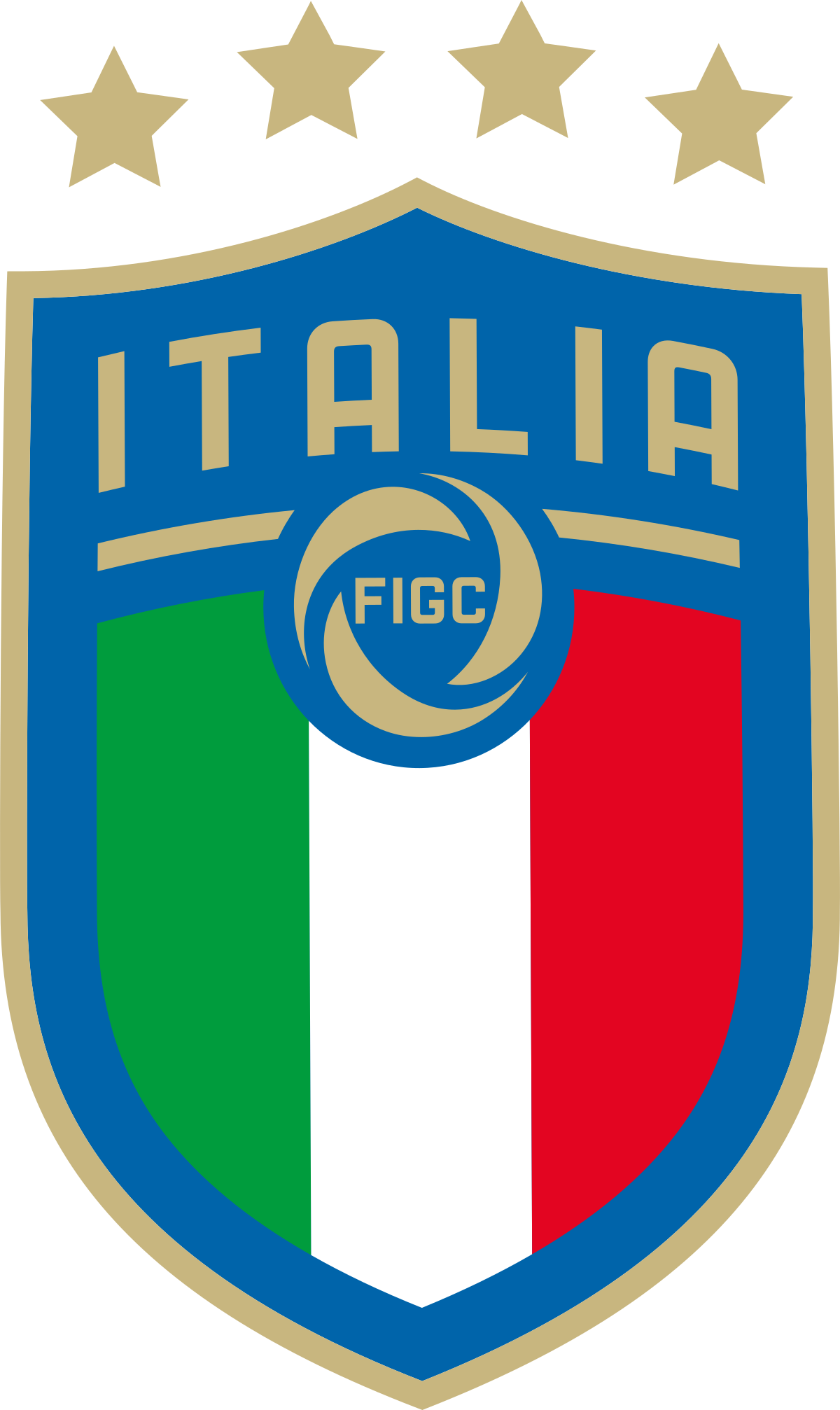












 FIFA Fussball-Weltmeisterschaft 2014
FIFA Fussball-Weltmeisterschaft 2014
 FIFA Fussball-Weltmeisterschaft 2018
FIFA Fussball-Weltmeisterschaft 2018
 Group D
Group D
 FIFA Fussball-Weltmeisterschaft 2022
FIFA Fussball-Weltmeisterschaft 2022
 FIFA Fussball-Weltmeisterschaft 2022
FIFA Fussball-Weltmeisterschaft 2022
 Group F
Group F
 UEFA European Championship 2016
UEFA European Championship 2016
 UEFA European Championship 2020
UEFA European Championship 2020
 Group E
Group E

 UEFA European Championship 2024
UEFA European Championship 2024
 Croatia
Croatia

 Sport
Sport
 (F)UEFA Nations League
(F)UEFA Nations League
 UEFA Nations League
UEFA Nations League
 UEFA Nations League A - Group 4
UEFA Nations League A - Group 4

 Architecture
Architecture
 International cities
International cities